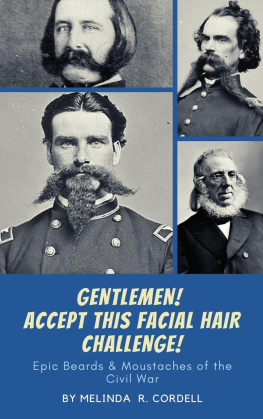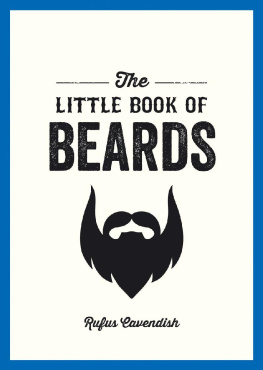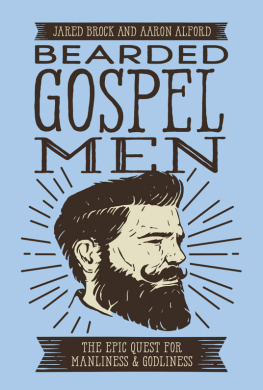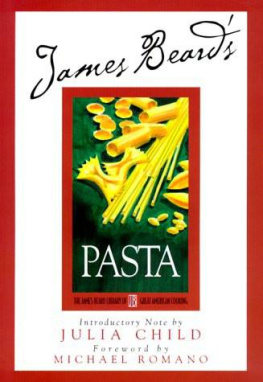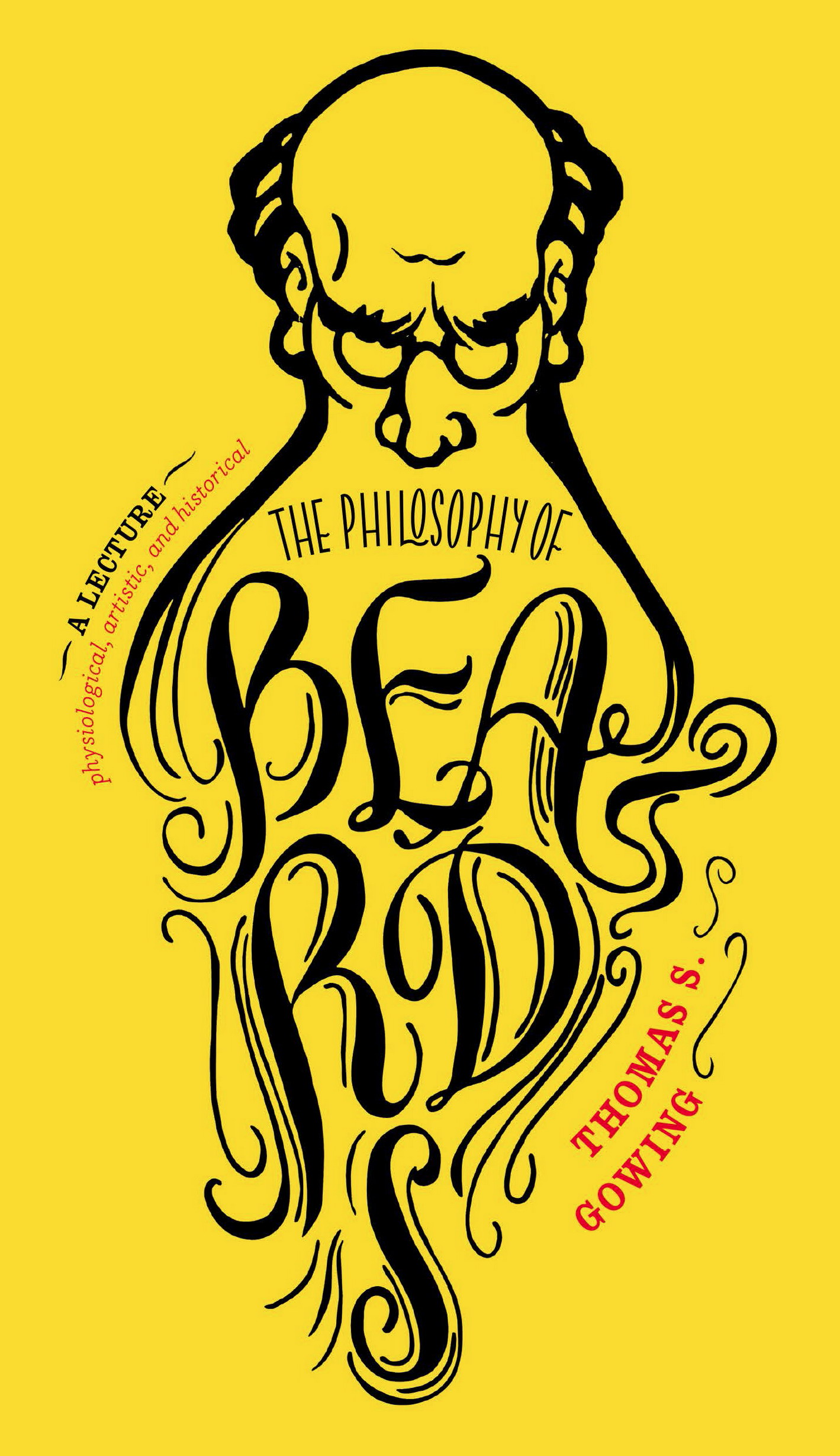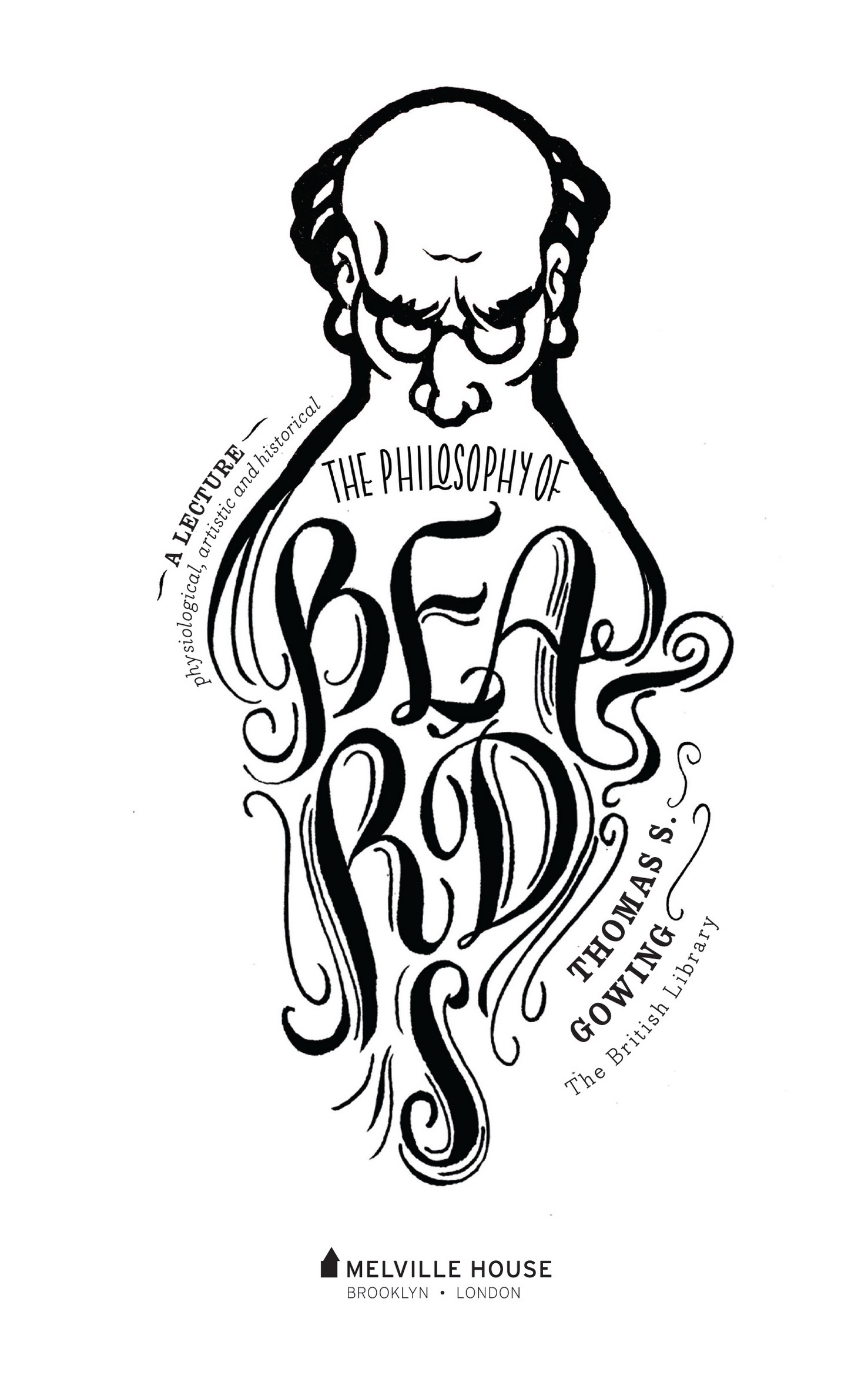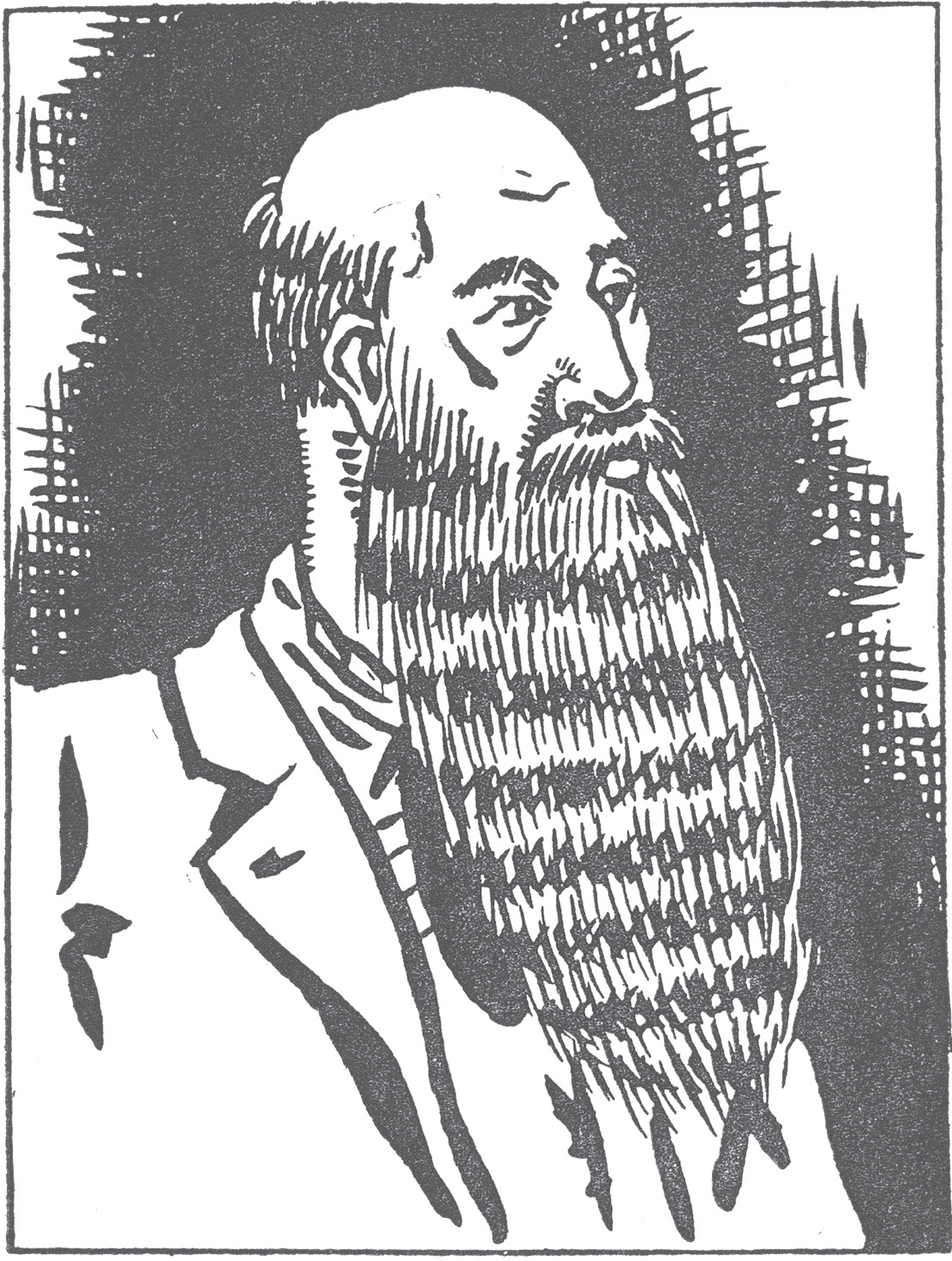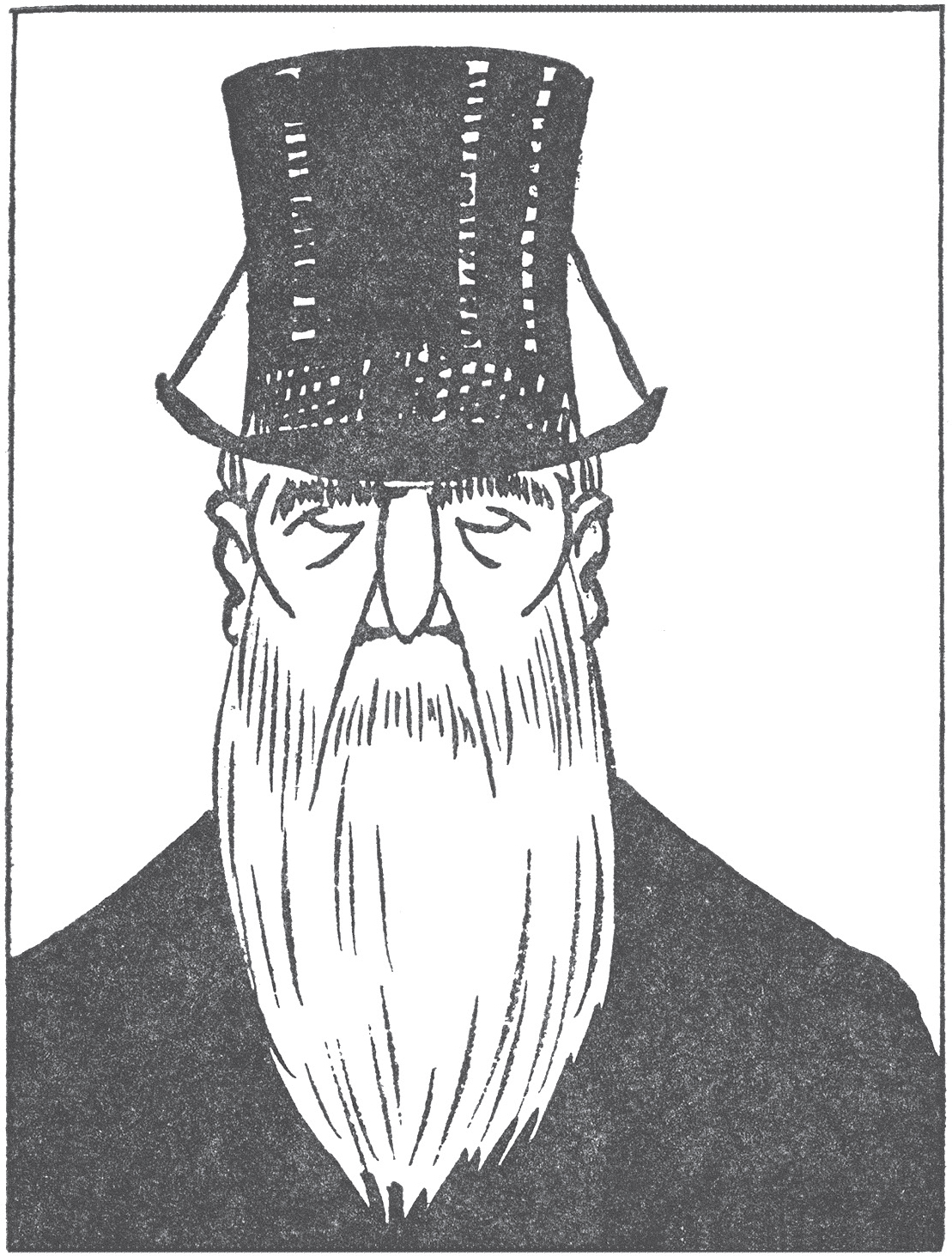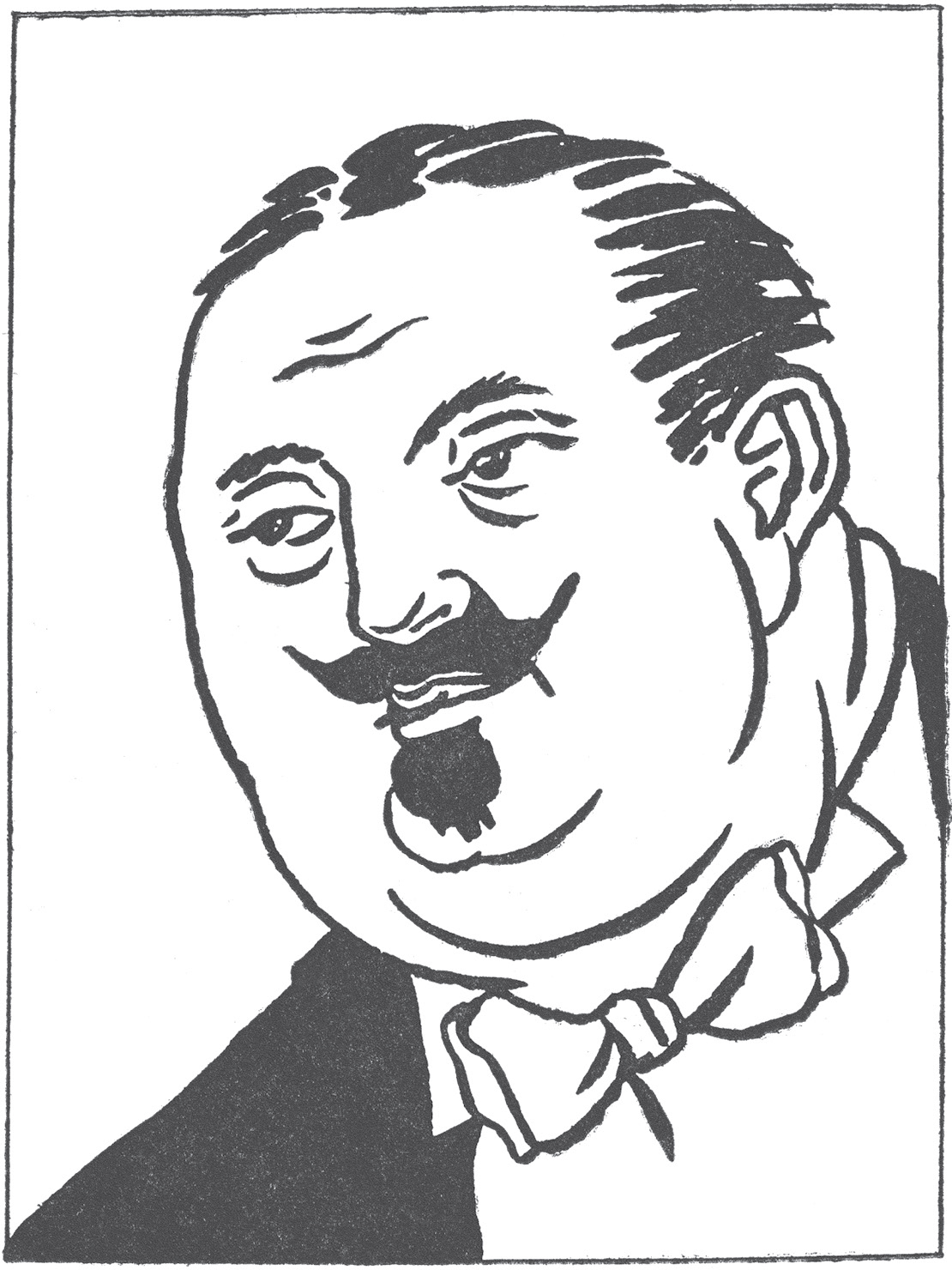Contents
First published in 1854 by J. Haddock
This edition The British Library 2014
First Melville House Printing: October 2018
Melville House Publishing
46 John Street
Brooklyn, NY 11201 and
Suite 2000
16/18 Woodford Road
London E7 0HA
ISBN:9781612197227
Ebook ISBN9781612197234
Images from Beaver: An Alphabet of Typical Specimens [of Beards] by John Kettelwell, 1922
A catalog record for this book is available from the Library of Congress
v5.3.2
a
CONTENTS
PREFACE
T HE following Lecture, the first I believe on the specific subject, met with a warm reception from a numerous and good-humoured auditory; and received long and flattering notices from the local papers, the Ipswich Journal, and the Suffolk Chronicle. My enterprising and liberal publisher, has thought it worthy of more extended circulation. May the public think with him, and take it off his hands as freely as he has taken it off mine!
I have modified the passages which referred to the illustrations; the greater portion of which it would, independently of expense, have been impossible to give with any effect on a small scale. Mr. F.B. Russel, (to whom, with his worthy brother artist, Mr. Thomas Smyth, I was indebted for the original design) has, with a kindness I can better appreciate than acknowledge, anastaticized the humorous drawing of the ape and the goat, with which their joint talents enriched my Lecture.
Since its delivery, many notes have been added to the Lecture, which it is hoped will afford both amusement and information. It now only remains for me to make my bow, wish my fratres barbati long life to their Beards, and shout
Pivat Regina!
Floreat Barba!
INTRODUCTION
O UR most universal and most imaginative Poet, whose single lines are often abstracts and epitomes of poems, makes Hamlet exclaim What a piece of work is man! How noble in reason! how infinite in faculties! in form and moving, how express and admirable! in action, how like an angel! in apprehension, how like a God! the beauty of the world! the paragon of animals! And yet this same glorious creature, thus worthily praised, is, with singular contradiction, so forgetful of his higher attributes, that he can despise his reason! ignore his infinite faculties! deliberately deface that form so express and admirable! descend to actions that smack rather of the demon than the angel! Drown his godlike apprehension in drink! Shave off his majestic beauty! and become, instead of the paragon the parody of animals!
O Fashion! most mighty, but most capricious of goddesses! what strange vagaries playest thou with the sons and daughters of men! What is there so lovely, that thou canst not, with a word, transform into an object of disgust and abhorrence? What so ugly and repulsive, but thou hast the art to exalt it into a golden image for thy slaves to worship, on pain of the fiery furnace of ridicule? Could a collection be made of the forms and figures, modes and mummeries, which thou hast imposed on thy ofttimes too willing votaries, it would task the most vivid imagination, the most fantastic stretch of fancy, to furnish a description of the incongruous contents!
Perhaps no human feature has been more the subject of Fashions changeable humours than the B EARD , of which it is purposed to night to render some account, in the hope of being able to prove that in no instance has she been guilty of more deliberate offences against nature and reason! With this object in view, the structure, intention, and uses of the Beard will be examined, and its artistic relations indicated; its history will next be traced; and a reply will then be briefly given to some objections against wearing the Beard, not embraced in the preceding matter.
PHYSIOLOGY
A QUAINT old Latin author asks, What is a Beard? Hair? and what is Hair? a Beard? Perhaps a Beard may be defined more clearly by stating, that in its full extent it comprehends all hair visible on the countenance below the eyes, naturally growing down the sides of the face, crossing the cheeks by an inverted arch, fringing the upper and lower lips, covering the chin above and below, and hanging down in front of the neck and throat: moustaches and whiskers being merely parts of a general whole. The hair of the head differs from that of the Beard. In an enlarged microscopical view, the former is seen to resemble a flattened cylinder, tapering off towards the extremity. It has a rough outer bark, and a finer inner coat; and contains, like a plant, its central pith, consisting of oil and coloring matters. At the lower part it is bulbous, and the pith vessels rest on a large vesicle. The bulb is enclosed in a fold of the skin, and imbedded in the sebaceous glands. The root is usually inserted obliquely to the surface. Avoiding further detail, let me at once direct your attention to the circumstance, that whereas the hair of the head is only furnished with one pith tube, that of the Beard, is provided with two. Is not this a striking fact to commence with? and does it not at once suggest that this extra provision must have a special purpose? It has, as we shall presently see; and only now add, that the hairs of the Beard are more deeply inserted and more durable; flatter, and hence more disposed to curl.
As the Beard makes its appearance simultaneously with one of the most important natural changes in mans constitution, it has in all ages been regarded as the ensign of manliness. All the leading races of men, whether of warm or cold climates, who have stamped their character on history Egyptians, Indians, Jews, Assyrians, Babylonians, Persians, Arabs, Greeks, Romans, Celts, Turks, Scandinavians, Sclaves were furnished with an abundant growth of this natural covering. Their enterprizes were accordingly distinguished by a corresponding vigour and daring. The fact, too, is indisputable, that their hardiest efforts were contemporaneous with the existence of their Beards; and a closer investigation would show that the rise and fall of this natural feature has had more influence on the progress and decline of nations, than has hitherto been suspected. Though there are individual exceptions, the absence of Beard is usually a sign of physical and moral weakness; and in degenerate tribes wholly without, or very deficient, there is a conscious want of manly dignity, and contentedness with a low physical, moral, and intellectual condition. Such tribes have to be sought for by the physiologist and ethnologist; the historian is never called upon to do honor to their deeds. Nor is it without significance that the effeminate Chinese have signalized their present attempt to become once more free men, instead of tartar tools by a formal resolve to have done with pigtails, and let their hair take its natural course over head and chin.



